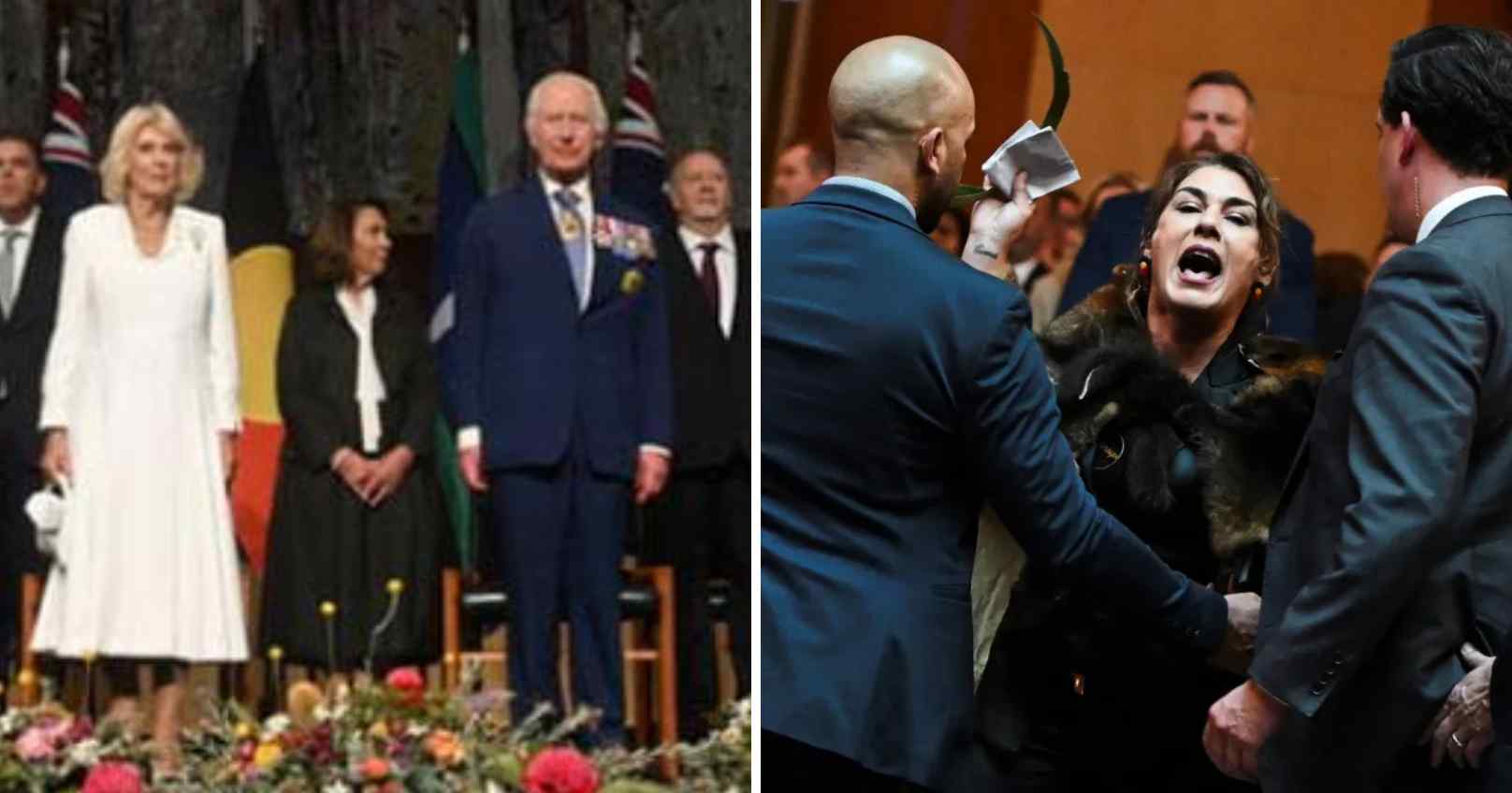Australian Senator Lidia Thorpe caused a stir on Monday by interrupting King Charles's parliamentary reception with anti-colonial protests during his visit to the country. Thorpe, an independent senator known for her strong opposition to the monarchy and advocacy for Indigenous rights, shouted, "You are not my king" and accused the British monarchy of genocide against Indigenous Australians.
“You are not my king. You committed genocide against our people. Give us our land back, return what you stole – our bones, our skulls, our babies, our people,” she declared before being removed by security personnel.
The incident occurred during King Charles's first visit to Australia as monarch, where he addressed members of parliament and senators at Parliament House in Canberra. King Charles, who was diagnosed with cancer earlier this year, was accompanied by Queen Camilla for the five-day visit.
As King Charles concluded his speech, Thorpe walked down the aisle and loudly voiced her protest, denouncing the monarchy for its colonial past and demanding a treaty for Indigenous Australians. "This is not your land. You are not my king," Thorpe shouted, wearing a fur cloak, before being escorted out by security. She added, "You are a genocidalist," and repeated her refusal to acknowledge King Charles as her king.
The event briefly interrupted the reception, but King Charles resumed his discussions with Australian Prime Minister Anthony Albanese after the senator’s removal.
Australia, once a British colony for over a century, saw the deaths and displacement of many Indigenous Australians during colonization. Although the country gained autonomy in 1901, it remains a constitutional monarchy with King Charles as its current head of state.
Thorpe's protest drew mixed reactions. Former Australian Prime Minister Tony Abbott, who was in attendance, called it "unfortunate political exhibitionism," while Australian businessman Dick Smith remarked, "That's the beauty of our democracy – she won’t be jailed for it."
This is not Thorpe’s first display of defiance against the monarchy. In 2022, she caused controversy by raising her fist and describing Queen Elizabeth II as "colonising" while taking her oath of allegiance in the Senate.
Last year, Australians voted against a referendum that would have recognized Indigenous Australians in the constitution and created a special assembly for the community. Despite calls for republicanism, Australia remains tied to the monarchy, as a 1999 referendum also saw a majority reject removing the queen as head of state.







